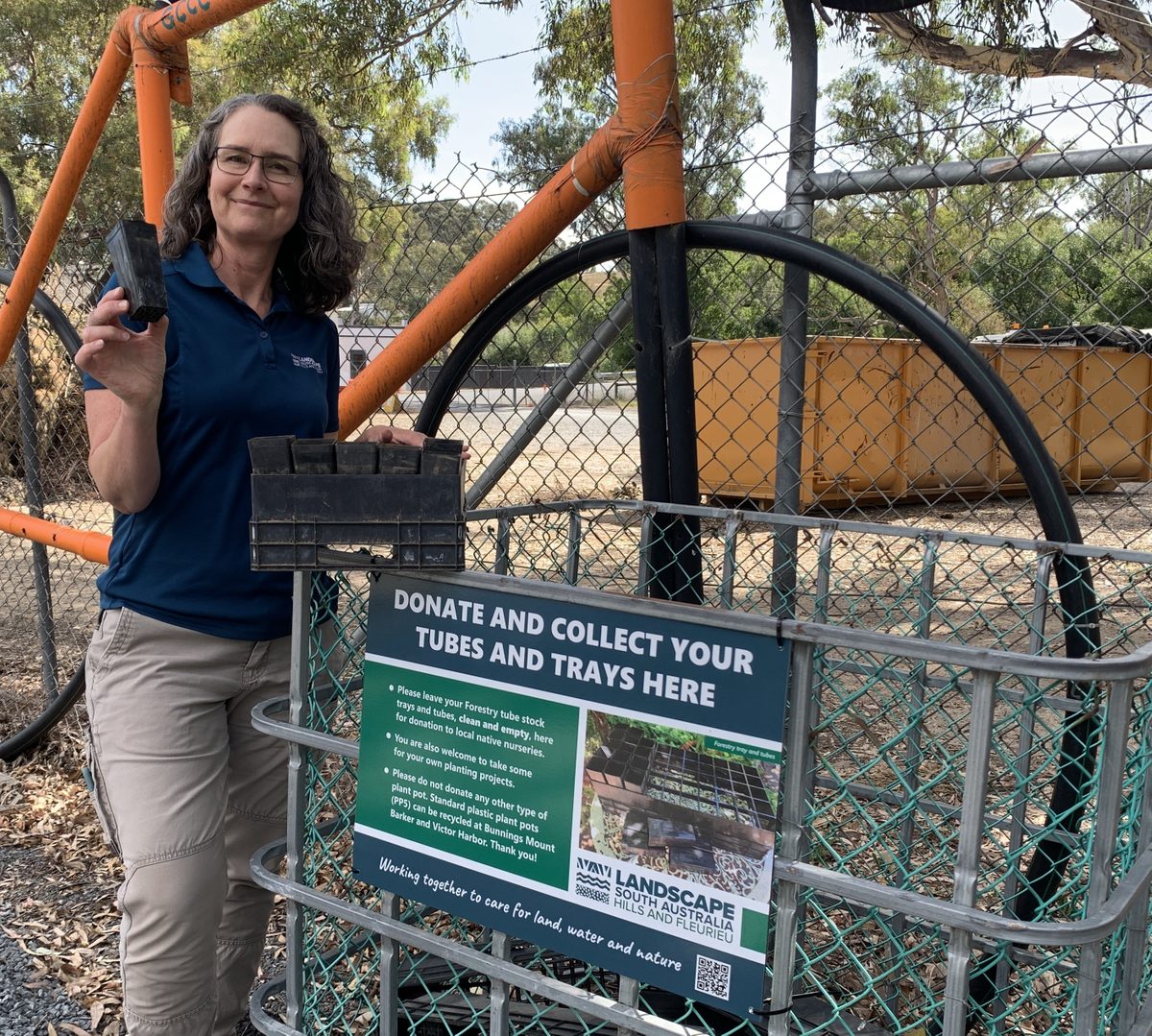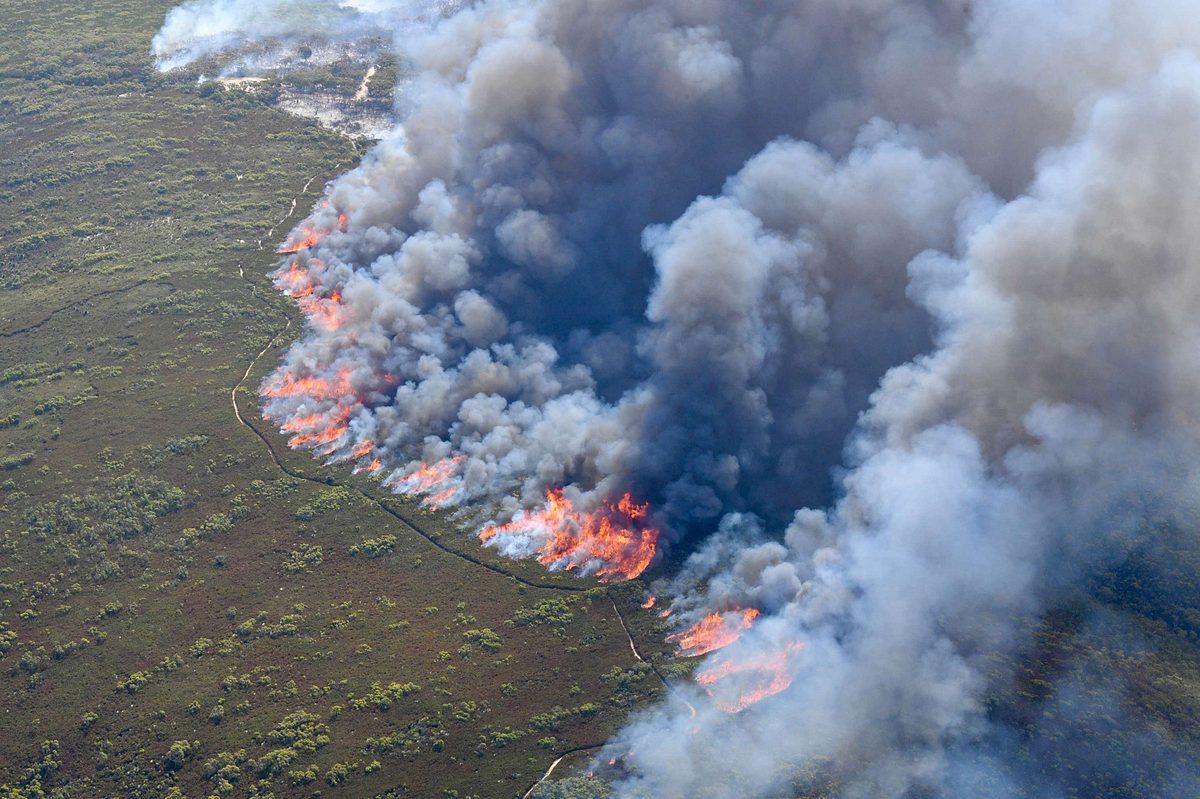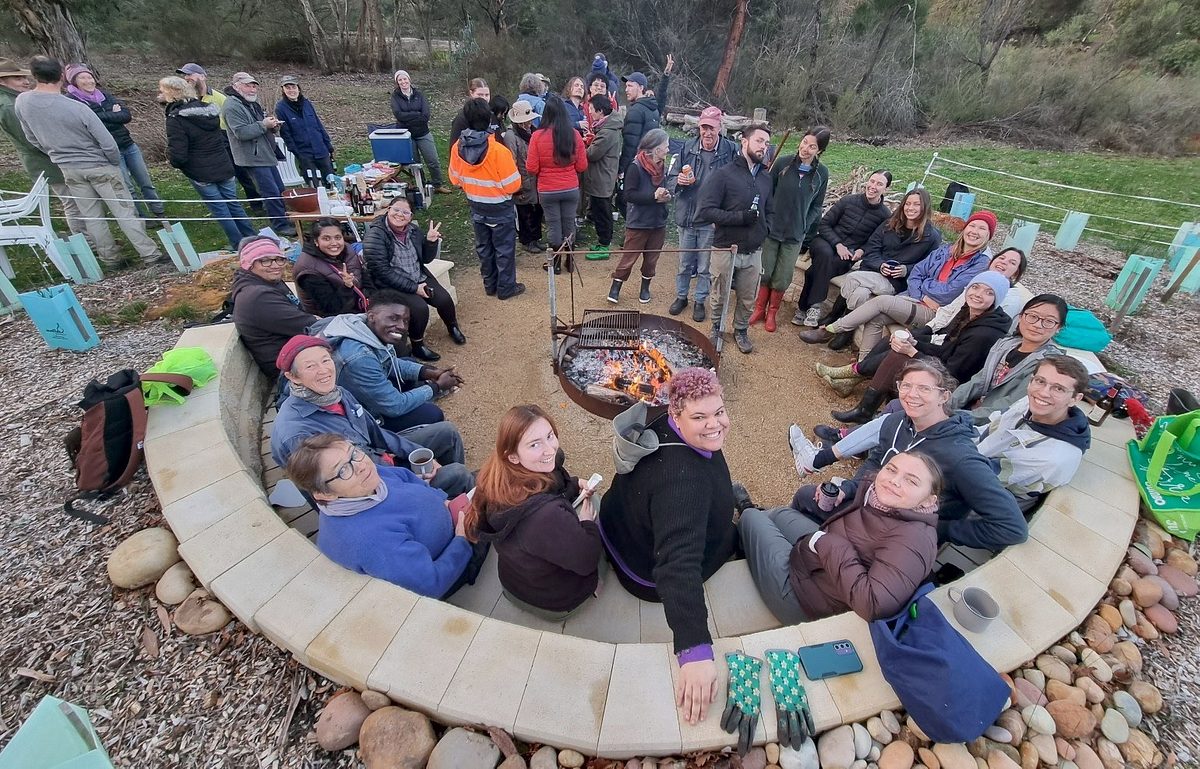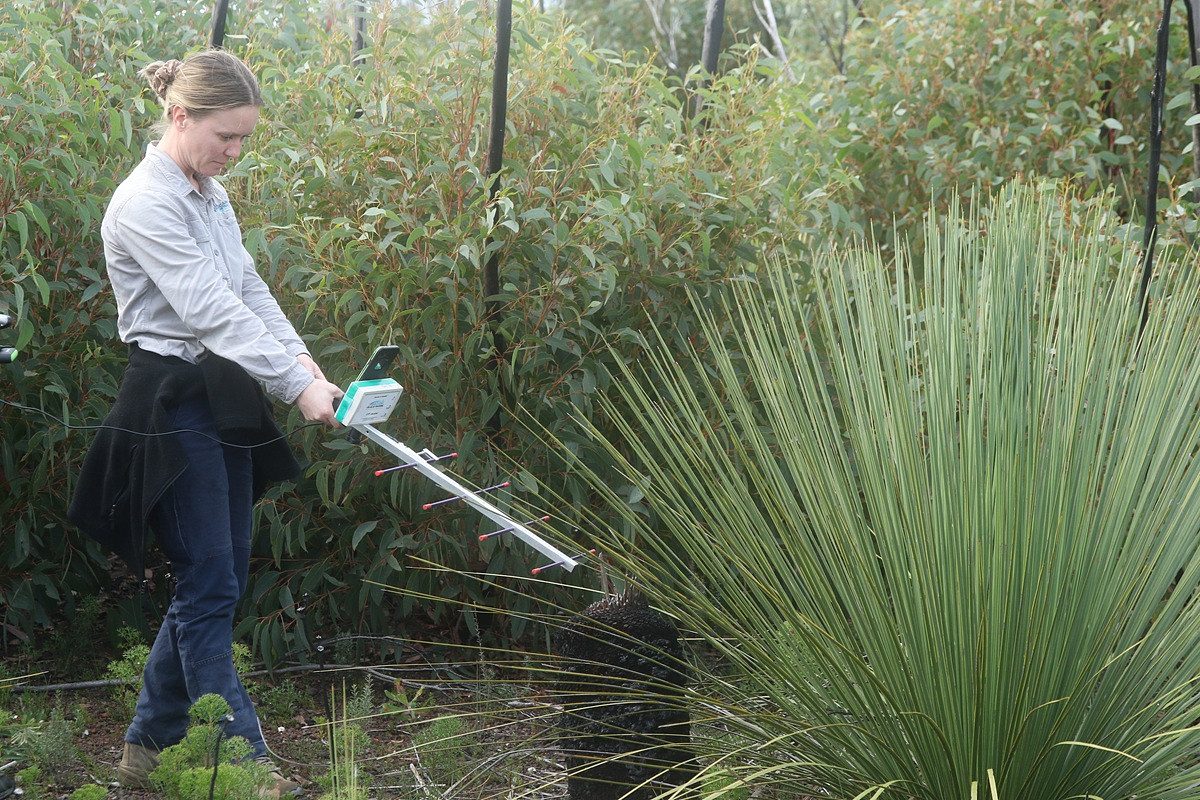Tackling plastic on farms
This Plastic Free July, we’re taking a look at what can be done about plastics on farms. Like anywhere else, plastic has proved useful on farms including for chemical drums, silage wrap, mulching film; as well as tubes, trays and pots from revegetation projects.
But figuring out what to do with all this plastic once it’s no longer needed can be tricky.
One great initiative is drumMUSTER, where clean empty eligible AgVet chemical containers can be recycled at local depots. In our region, drop off containers at Windmill Hill Transfer station (Totness), Heathfield Resource Recovery Centre, Strathalbyn Refuse Centre, Goolwa Waste and Recycling Depot and Yankalilla refuse dump. This program has saved a massive 50 per cent of all AgVet containers produced nationally from going to landfill, turning them into wheelie bins, fence posts, irrigation pipes and a bunch of other products.
Mulching film used in horticulture to reduce weed growth and retain moisture has been a huge asset to the agricultural industry, but unfortunately can also create a significant waste stream once it has reached the end of its life. However, compostable and biodegradable agricultural mulching films are now available which are suitable for some applications, and at the end of the season can be ploughed into the soil with no plastic waste created.
Revegetation projects can also generate plastic waste in the form of pots, tubes, trays and guards. PP5 plastic plant pots (look for the number 5 on the base) can be recycled at many Bunnings stores, including Mt Barker and Victor Harbor. Clean tubes and trays left over from your reveg project can be donated to community nurseries, or dropped off at our collection point in Woodside, outside the council depot in Tiers Rd (see photo!). When plants are large enough, tree guards can be collected and re-used wherever possible.
7 ways to reduce plastic on farms (source NSW Farmers):
1. Buy products in reusable, returnable bulk containers where possible.
2. Rinse and return Agvet chemical drums through drumMUSTER.
3. Seek opportunities to take plastic film and twine to collection points.
4. Investigate use of certified biodegradable plastics where appropriate.
5. Buy products made from recycled plastic where available.
6. Where recycling is not available, dispose of plastic waste appropriately, ideally at a registered landfill site.
Every little bit we do to reduce, re-use or recycle plastics will help protect our beautiful Hills and Fleurieu region for future generations. We're keen to hear of any other initiatives to reduce rural plastic in this region.
Originally developed in West Australia, Plastic Free July has now been adopted globally to help reduce plastic pollution. https://www.plasticfreejuly.or...




